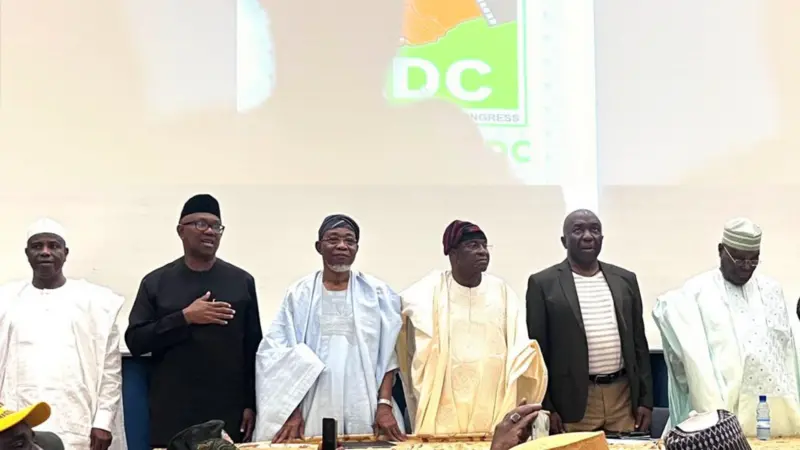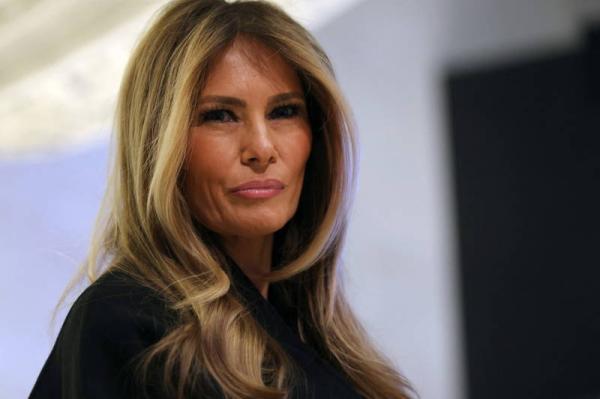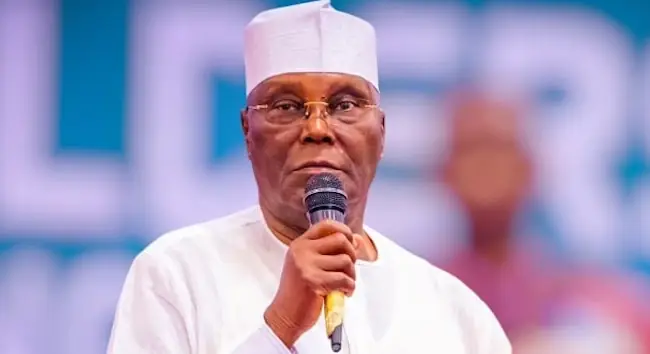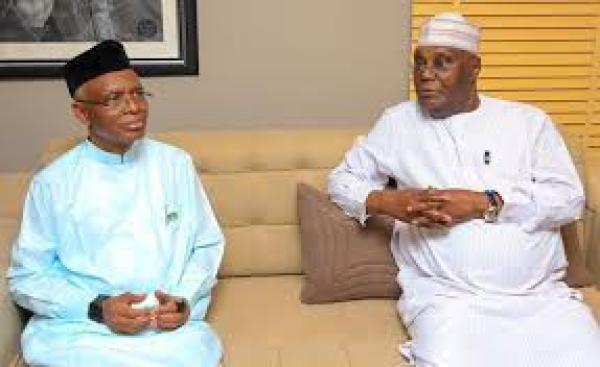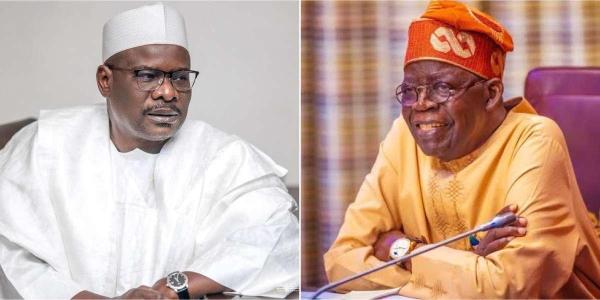Anyone that knows me well will tell you that for me, it’s not just about commercial music. I’m not a commercial singer. I don’t believe in commercial music. It got to a point in my life when I felt I was no longer with that conviction, I was lacking that conviction. I feel like every time that I sing I should mean what I am saying to a large degree and if I can’t feel like that I should just stop. And also my mum’s passing away really altered that for me. My mum is the major reason I stopped singing. When she died, I just lost interest in everything. You know feeling of just going back home and there is only one person telling you I understand, you are just doing great. She was my number one fan. When she ‘left’, I fell into a very deep depression. It took a lot. I did a lot of therapy sessions. It was hard. But people don’t understand depression in Nigeria they just think you will get over it, but sometime people die out of it. A part of me died. And when my dad now had cancer, it just sparked something in me again. I went into the studio and I put out a song called Ojuri and the song just went viral.
So, are you back into music full-time now?
I’m back to performing full-time. I have a weekly show. I have refused to release an album because I want to have a complete understanding of what I want to do now. I stopped any form of appearances on music reality shows and stuffs like that to concentrate on myself; to concentrate on the new brand I’m trying to come up with. The return to music was Ojuri for me. I dropped a new single, but I had to go back to Surulere where the passion started. I had to go back to that environment to get the vibes. And if you watch the video for Ojuri, for me it was going back to my root.
What is the story behind Ojuri?
Ojuri means ‘Eyes have seen’ and it’s basically the summation of my life’s story and my return to music, my constant fight with my family. It just sums up all that I’ve gone through. My return to music is for a purpose; it’s not just because I want to sing and make money again. I have a management company, I have a record company. I do a whole lot of stuffs. My return to music now is to show by example what I am trying to sell; I can’t be sitting down at home and saying this music is bad, that one is bad. I have to get back on stage to show what I am trying to teach.
Really it’s difficult for me to define my music. I play RnB, I play all sorts. I can’t really fathom it. I just love music.
You also came under criticism that you don’t have the music credibility enough to be a judge…
Coming from the background of who is he. I don’t need to blow my trumpet. I’ve won several awards for excellence for technical and stage. I’m a live band person, so my appreciation of music is not the average. I love stage. I love an atmosphere that speaks music. So, when you are doing it, it’s either you do it right or you don’t do it at all. I’m hardest on myself. I have in excess of hundred and fifty something songs I’ve not put out because I’m not satisfied. When those people were complaining about me, I was like they need to get to know the person they are talking about. I think the sweetest thing you can hear is “I hated you; I hated you for like three years and then I took out time to listen to your music and watch your video and then I realized you are good.”
But is it difficult for you to cut a commercial single?
No, like Iyawo Asiko for instance, that was at the point that I was telling a story. That was real to me and it became a national hit. Suru, Grass to Grace, Kilode, my first single became a national hit. These are songs that stayed on the average of twenty three weeks at number one nationwide. I don’t need to prove any point to anybody. Ololufe went on number one. It was there for long and it was based on that we, that we had a Wande Coal do a reply.














